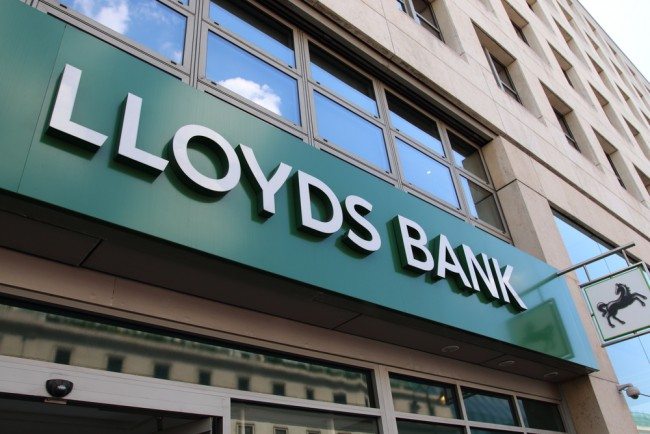A Conservative peer and leading City dealmaker is to join the board of Britain’s biggest high street bank – just days before the Government sells the last chunk of its £20.3bn stake in the lender.
Sky News has learnt that Lord Lupton is to become the first chairman of Lloyds Banking Group’s non-ring-fenced bank – the division being set up as part of industry reforms aimed at containing the fallout from a future financial crisis.
Lord Lupton, who is the chairman of the investment bank Greenhill Europe and a former Tory treasurer, will also join the main Lloyds board as a non-executive director, according to City sources.
The appointment, which will be announced in the coming days, will represent a crucial piece in the jigsaw of Lloyds’ preparations for ring-fencing – the new structural regime due to come into force in 2019.
Lord Lupton, a long-standing Conservative donor, is among the most prominent names in the City, having held roles at Barings before co-founding Greenhill’s London operations in 1998.
His arrival at Halifax-owner Lloyds will also be notable, however, for a number of other reasons.
He will be the second Tory peer on the bank’s main board, alongside Lord Blackwell, the pro-Brexit chairman of Lloyds.
And his appointment will be announced just days before the Treasury is expected to hail the full disposal of a taxpayer shareholding in the bank which once stood at 43 per cent of its shares.
Philip Hammond, the Chancellor, said last month that the Government had finally broken even on its stake in Lloyds, recouping more than £20.3bn in share sales and dividends.
Its stake is now down to 0.89 per cent, the company said last week – and the sale of the final remaining shares is likely to take place in the next fortnight, marking a milestone for the UK’s post-crisis banking sector.
The non-ring-fenced operations that Lord Lupton will oversee at Lloyds represent a much smaller fraction of its overall balance sheet than those of rivals Barclays, HSBC, Royal Bank of Scotland and Santander UK.
Ring-fencing – a concept devised by Sir John Vickers’ Independent Commission on Banking in 2011 – is designed to shield taxpayers and ordinary depositors in the event of a future crisis by creating a clearer separation between groups’ retail and wholesale operations.
Last November, Lloyds appointed Mark Grant as the chief executive of its non-ring-fenced bank, which will house some of the derivatives trading and non-UK activities conducted by Lloyds on behalf of clients.
Lloyds’ high street banking operations – the vast majority of its business – will sit within its ring-fenced bank.
In recent weeks, Lloyds has also applied for permission to set up a new European hub in Berlin in order to deal with the consequences of Brexit.
Lord Lupton is expected to recruit a number of other independent directors to the non-ring-fenced unit’s board.
Barclays – in the form of Sir Ian Cheshire – and HSBC, which recruited Dame Clara Furse, have also turned to established City figures to aid their ring-fencing plans.
Lloyds declined to comment on Monday, while Lord Lupton could not be reached for comment.


